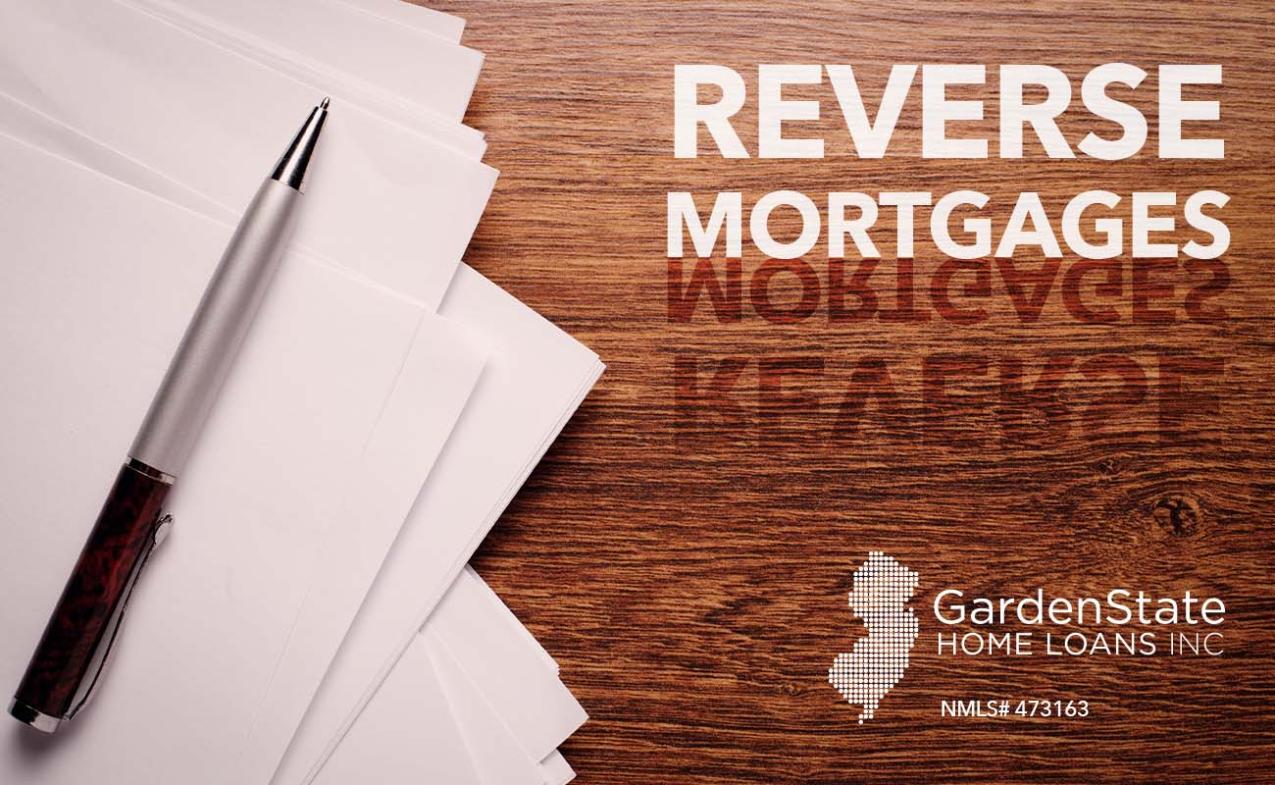Reverse Mortgage Pros and Cons: Weighing the Benefits and Risks
Reverse mortgages are a financial tool that allows homeowners aged 62 and older to access the equity in their homes without selling. While they can provide potential benefits, it's crucial to carefully consider the risks involved before making a decision.

Benefits Of Reverse Mortgages
Access to Home Equity Without Selling
Reverse mortgages allow homeowners to stay in their homes while accessing funds. This can be particularly beneficial for those who need extra income during retirement or to cover unexpected expenses.
Supplemental Income
Reverse mortgages provide a monthly payment or line of credit that can supplement retirement income. This can help homeowners maintain their standard of living and cover essential expenses.
Tax-Free Funds
Reverse mortgage proceeds are not taxed as income. This means homeowners can access funds without incurring additional tax liability.
No Monthly Mortgage Payments

Reverse mortgages eliminate the burden of monthly mortgage payments, freeing up cash flow for other expenses or investments.
Risks Of Reverse Mortgages
Debt Accumulation
Reverse mortgage debt grows over time, potentially reducing home equity. If the loan balance exceeds the home's value, homeowners may face foreclosure.
Loss of Home
If the loan balance exceeds the home's value, homeowners may be forced to sell their home or face foreclosure. This can be a significant financial and emotional risk.
High Closing Costs
Reverse mortgages typically have higher closing costs than traditional mortgages. These costs can include origination fees, appraisal fees, and title insurance.
Mortgage Insurance Premiums
Reverse mortgages require mortgage insurance premiums, which can add to the overall cost of the loan. These premiums are paid to protect the lender in case of default.
Eligibility And Requirements
Age Requirement
To qualify for a reverse mortgage, homeowners must be 62 years of age or older.
Homeownership
The home must be the primary residence of the homeowner.
Equity
The home must have sufficient equity to qualify for a reverse mortgage. The amount of equity available will determine the loan amount.
Choosing The Right Reverse Mortgage
Types of Reverse Mortgages
There are two main types of reverse mortgages:
- Home Equity Conversion Mortgage (HECM): A government-insured reverse mortgage
- Proprietary reverse mortgages: Reverse mortgages offered by private lenders
Comparison of Features
When choosing a reverse mortgage, it's important to compare features such as loan limits, interest rates, and fees.
Counseling Requirement
Homeowners must receive counseling from a HUD-approved counselor before obtaining a reverse mortgage. This counseling helps homeowners understand the risks and benefits involved.
Reverse mortgages can provide potential benefits, such as access to home equity, supplemental income, and tax-free funds. However, it's crucial to carefully weigh the risks, including debt accumulation, loss of home, high closing costs, and mortgage insurance premiums. Homeowners should consider their individual circumstances and seek professional advice to make an informed decision about whether a reverse mortgage is right for them.
YesNo

Leave a Reply